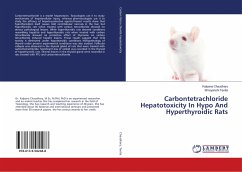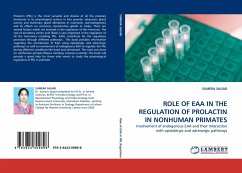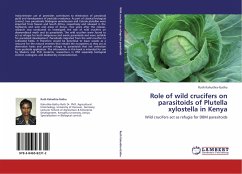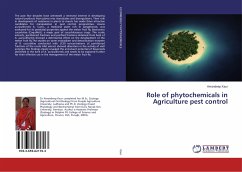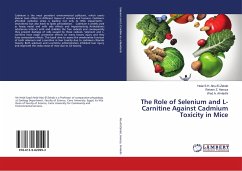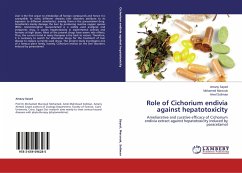
Role of Cichorium endivia against hepatotoxicity
Ameliorative and curative efficacy of Cichorium endivia extract against hepatotoxicity induced by paracetamol
Versandkostenfrei!
Versandfertig in 6-10 Tagen
47,99 €
inkl. MwSt.

PAYBACK Punkte
24 °P sammeln!
Liver is the first organ to metabolize all foreign compounds and hence it is susceptible to many different diseases. Liver disorders attribute to its exposure to different xenobiotics, among them is the paracetamol drug. Xenobiotics mainly damage the liver by producing reactive oxygen species (ROS). Acetaminophen (paracetamol) is a widely used analgesic and antipyretic drug, it causes hepatotoxicity in experimental animals and humans at high doses. Most of the present drugs have severe side effects. Thus, the current trend in many therapies is the back to nature. Therefore, it is necessary to ...
Liver is the first organ to metabolize all foreign compounds and hence it is susceptible to many different diseases. Liver disorders attribute to its exposure to different xenobiotics, among them is the paracetamol drug. Xenobiotics mainly damage the liver by producing reactive oxygen species (ROS). Acetaminophen (paracetamol) is a widely used analgesic and antipyretic drug, it causes hepatotoxicity in experimental animals and humans at high doses. Most of the present drugs have severe side effects. Thus, the current trend in many therapies is the back to nature. Therefore, it is necessary to search for alternative drugs for the treatment of liver disease to replace currently used drugs. The present study investigates one of a famous plant family, namely, Cichorium endivia on the liver disorders induced by paracetamol.



